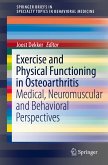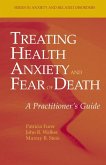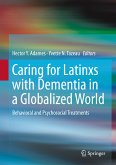Dieser Download kann aus rechtlichen Gründen nur mit Rechnungsadresse in A, B, BG, CY, CZ, D, DK, EW, E, FIN, F, GR, HR, H, IRL, I, LT, L, LR, M, NL, PL, P, R, S, SLO, SK ausgeliefert werden.
"This impressive book uses many voices to deliver that message. Perkins is an experienced internist and bioethics consultant, but he calls on many others throughout the book-fellow physicians, nurses, chaplains, philosophers, scientists, dying patients and their loved ones. He weaves together their commentaries-from whispered words of resignation to shouts of 'raging at the dying of the light'-into a lucid text, packed with information and case illustrations. The result is an indispensable addition to end-of-life literature." (Albert R. Jonsen, Ethical Times, Vol. 15 (1), 2018)
"The author is writing for the broad spectrum of healthcare professional - novice to expert - regarding end-of-life issues, adult and pediatric healthcare professionals, and caregivers for end-of-life patients. In my judgment, the audience is novice to competent healthcare providers. The author is credible, based on personally conducting research and years of clinical practice." (Elizabeth Ann Freitas, Doody's Book Reviews, September, 2017)









